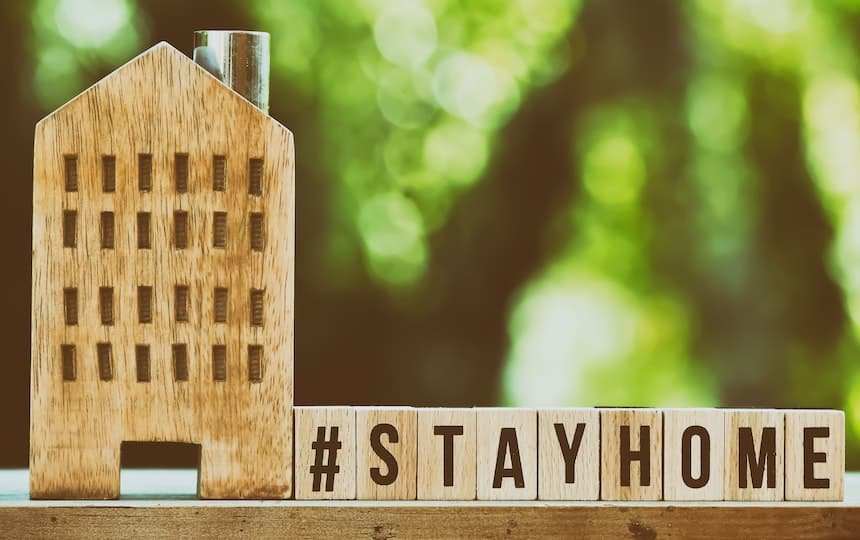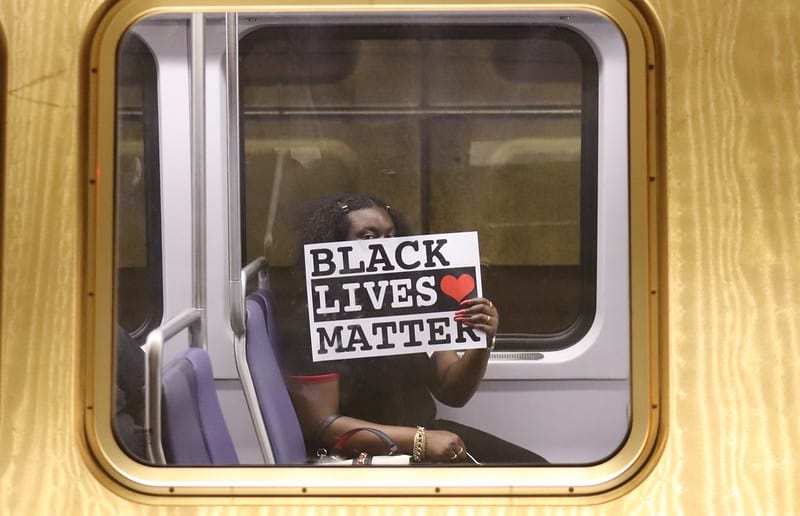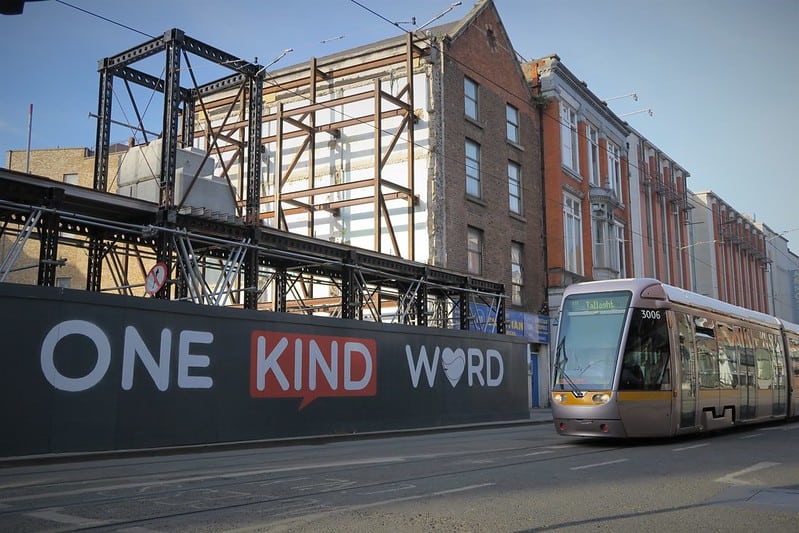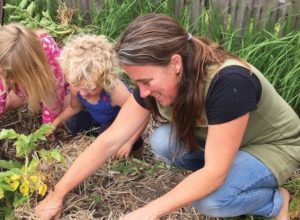Feeling overwhelmed by 2020? You’re not alone. Feelings about the COVID-19 pandemic and lockdown are conflicted and often contradictory.
Many of us have cherished the extra time we’ve had at home with family in lockdown. While others have never felt lonelier.
We’ve taken up new passions for household resilience at unprecedented rates. Yet many of us have had livelihoods snatched away.
We have breathed a sigh of relief that the earth has had a reprieve from human activity. But the injustices this crisis has highlighted are causing people to defy governments to protest across the globe.
As we edge our way out of lockdown here in Australia we thought it would be a good time to reflect. Viewing the crisis through the lens of permaculture can help to order these reflections into useful observations. Observations we can use to help us build a better world.
Below we explore this through the three permaculture ethics: earth care, people care and fair share.
Fair share
Usually this is listed as the final permaculture ethic, but the COVID-19 lockdown has highlighted this most starkly. The crisis has magnified inequalities across the globe. Both between countries and within nations.
The inequality in those countries with underfunded public health systems. The inequality between those who can work from home (usually higher-paid professionals) and those who are either out of work or putting their lives at risk because they must work in person (usually lower-paid service based industries like hospitality, allied health care and cleaning). The inequalities between the homes people have been locked down in. Or whether you have a home at all.
Authorities may be urging us to stay at home and not engage in protests against racial injustice (citing fears of spreading coronavirus). But we can’t discount the role COVID-19 has had in bringing tensions to a head.
Black people, Indigenous people and people of colour across the world have been disproportionately impacted by this global pandemic. Both in the outcomes of the disease and the lockdowns implemented to prevent it. The pandemic has only served to highlight a system that is fundamentally unfair. The calls to reform our society into a more just and fair one are a positive of the crisis.
People care
Whether it be through sharing with neighbours, checking in on elderly relatives or applauding health workers, this pandemic has forced an increased sense of civic-minded care.
It has forced governments into conversations over the paucity of jobseeker payments and has seen pharmacists coming up with codewords to assist domestic violence victims.
Of course, rather than resolving social issues, the pandemic has magnified them. While life has become more intolerable for some of the most vulnerable, it seems there is momentum in calls for change.
The guiding ethic of people care should alert us to the need for an extra level of care as we come out of lockdown. Our haste to get out of this situation shouldn’t dissuade us from taking these learnings with us.
Earth care
One of the most heartening things for those of us who care about our planet is the reprieve it has had during lockdown.
Not only has the planet had a breather, but we have too. Many people have been exposed to the natural world in ways they haven’t before. Be it spotting wildlife that have returned to the concrete jungle or breathing fresh air.
Many are beginning to see the importance of the non-monetary economy to health and wellbeing. That interdependant neighbourhoods are resilient, strong and joyous.
Scientists warn us that pandemics of this kind are intrinsically linked with the climate crisis and environmental destruction. And our globalised world, with unprecedented levels of fast, cheap air-travel has helped this virus spread much faster than it normally would.
It’s only right that people are starting to question the system.
What next after lockdown?
Could COVID-19 be the catalyst for change we need to turn this ship around? It seems to have laid the groundwork for a recognition of holistic systemic change. But there are warnings emerging that COVID-19 could make inequality even worse in the long-term.
What will you be taking away from the coronavirus crisis?
How will you leverage your learnings to work towards a better world?
Let us know in the comments below!












